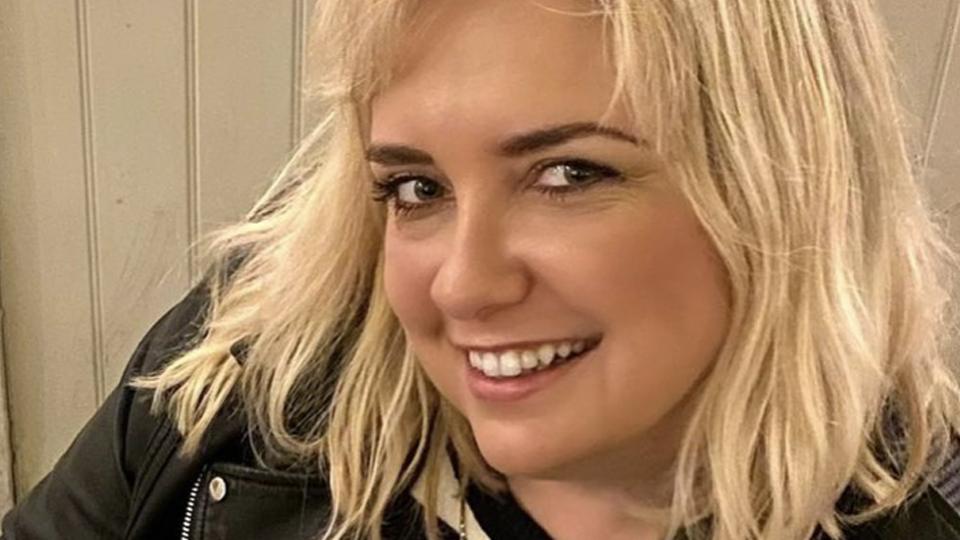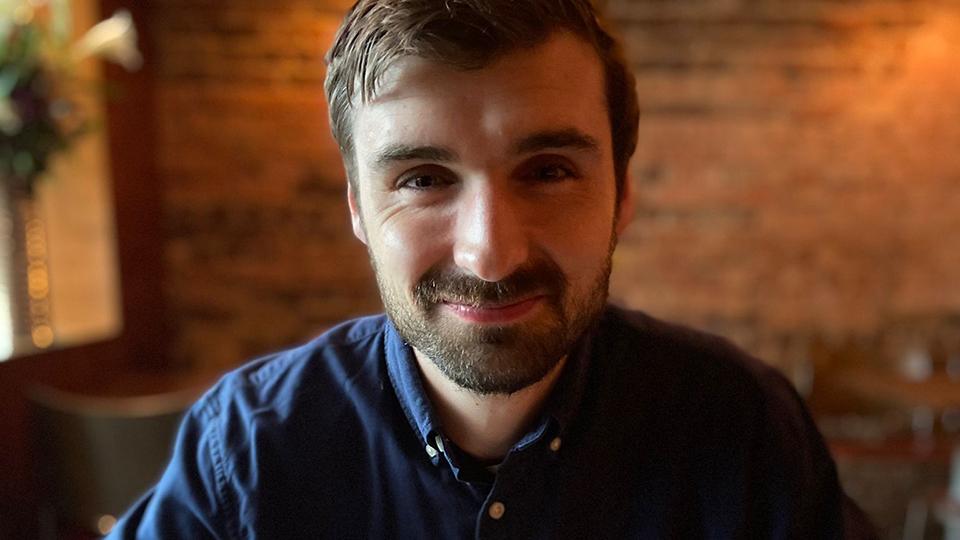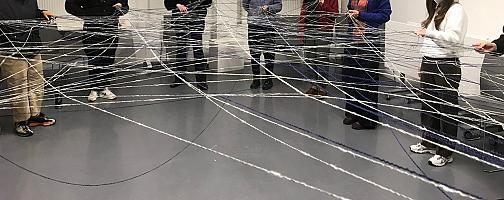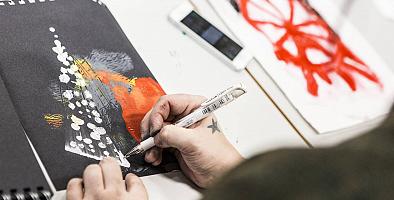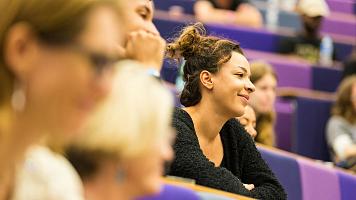You apply directly to Goldsmiths using our online application system.
Before submitting your application you'll need to have:
- Details of your education history, including the dates of all exams/assessments
- The email address of your referee who we can request a reference from, or alternatively an electronic copy of your academic reference
- Contact details of a second referee
- A personal statement – this can either be uploaded as a Word Document or PDF, or completed online
Please see our guidance on writing a postgraduate statement
- An electronic copy of your educational transcript (this is particularly important if you have studied outside of the UK)
- Details of your research proposal (please also see below guidelines)
You'll be able to save your progress at any point and return to your application by logging in using your username/email and password.
Before you apply for a research programme, we advise you to have a look at the staff research interests to see if Educational Studies is the right department for you and whether a member of staff matches your research interests.
The University of London requires that students have two supervisors. Nominating supervisors in your application indicates that you have a good grasp of your research and helps us to direct your application to appropriate members of staff and in determining a good match between your research and the Department.
You should not contact supervisors directly. The Director of Postgraduate Research will contact supervisors after receipt of your application.
Guidelines for writing a research proposal
A good research proposal is required if you are interested in studying at MPhil or PhD level at Goldsmiths. It should indicate the topic that you are interested in and your experience and understanding of the area. The proposal forms a basis for discussion if you are interviewed and is important in helping us decide the supervisory support needed.
Whatever topic that you choose to research there will be a considerable investment of time and energy on your behalf. In view of this you need to consider carefully what you want to find out, whether the work is important to you and will sustain your interest and commitment over a number of years. Please also refer to our information on writing a research proposal.
The proposal should be between 1,500 and 2,000 words long. Although the exact form may vary according to what you intend to do, you should aim to include the following:
- Title
This may only be a working title but it should clearly indicate the field of study and your research focus within it.
- Introduction
This should outline the general field of study and why you regard researching a particular aspect of this to be important. It is helpful to indicate how your own experience has led you to the particular research questions that you are asking and why you think you are in a good position to carry out the research.
- Main research questions
State clearly what you aim to find out. Try to make your research questions sufficiently focused so that they can be adequately addressed within the time and the resources that you have available.
- Reviewing the literature
You need to show that you are aware of the main debates and issues relevant to your study. Key contributions in the literature should be cited and commented upon and the links with the work that you intend to do must be made explicit. Try to make clear what is already known in the immediate area and indicate how your work will add something new and distinctive to what already exists.
- Methodology
You are asked to provide a brief overview of your intended research approach. For example, empirical research may draw on observation, interviews or document analysis that can be described qualitatively or quantitatively. Whichever approach you use it must be clear how any data or practice will help you answer your main research question. You need to show that you are aware of the different methods and analyses that you could use and provide a brief rationale for those most suited to your research. Indicate details such as where you will carry out your work, others who may be involved, over what period of time, and whether you will be able to obtain permissions or access needed.
- Ethical issues
Briefly indicate any particular considerations that might arise regarding issues such as protecting your participants from harm, and respecting their autonomy and privacy.
When to apply
We accept applications from October for students wanting to start the following January or September.
Students on this programme are eligible for SeNSS and CHASE funding. If you wish to be considered for SeNSS/CHASE funding, you need first to apply to the Department for a place on the MPhil/PhD in Education and have been offered a place on the programme by 5pm on Friday 2 December 2022.
Selection process
Once you have submitted your application, it goes to Goldsmiths central admissions department and is subsequently sent out to the Department of Educational Studies for a first-pass review.
Successful candidates are invited to a remote interview. Unfortunately, due to the number of applications we receive, we are not able to offer feedback on unsuccessful applications.
Contact the department
If you have specific questions about the application process, contact Dr Vally Lytra, Director of Postgraduate Research, v.lytra(@gold.ac.uk).
Find out more about applying.
